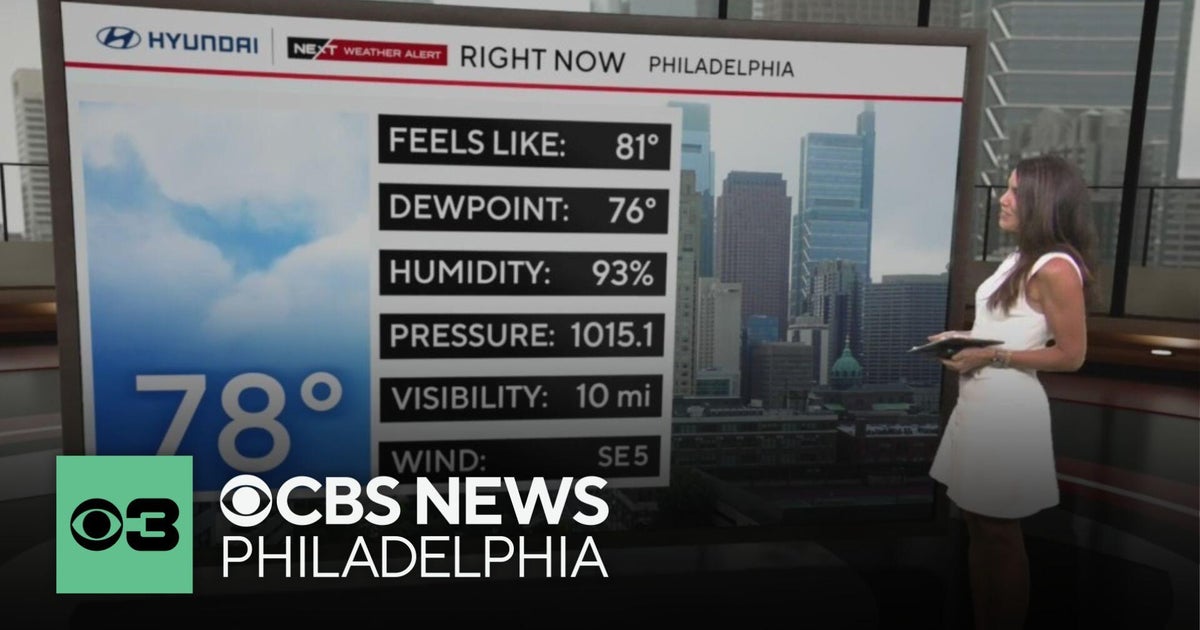Paramount’s Trump Lawsuit Settlement: Curtain Call for the First Amendment? (Guest Column)
A few weeks before the announcement in the wee hours of July 1 that Paramount Global and CBS were settling a widely derided lawsuit brought by Donald Trump against “60 Minutes” for $16 million, George Clooney took his final bow on Broadway as Edward R. Murrow, the famed CBS journalist he portrayed in “Good Night, and Good Luck.” The sold-out play chronicles the conflict between Murrow and the red-baiting Senator Joseph McCarthy and underscores the esteemed position that CBS News has long held in broadcast journalism. From Walter Cronkite’s reporting on the Vietnam War to publishing the first photos of the abuses by American soldiers at Abu Ghraib, CBS News has a proud history of public service when it comes to checking government wrongdoing.
The crown jewel in the CBS News lineup is “60 Minutes,” the forum for Mike Wallace’s interview with tobacco industry whistleblower Jeffrey Wigand and interviews with key figures in the Watergate scandal. And since Richard Nixon ran against Hubert Humphrey in 1968, “60 Minutes” has made a practice of interviewing both major party candidates in the lead-up to each presidential election.
Given this storied history, it was particularly dispiriting to read the news that CBS News’ parent company, Paramount, had agreed to settle Trump’s lawsuit against “60 Minutes” alleging that the show’s airing of an interview in October 2024 with Vice President Kamala Harris constituted consumer deception. Trump, who had declined to follow the example of his predecessors and sit for his own “60 Minutes” interview, asserted that CBS had wronged him with its editing of the Harris interview. An unspecified amount of Paramount’s $16 million payment will go to cover Trump’s legal fees, with the balance supposedly going to fund President Trump’s future presidential library.
The details of President Trump’s case are hardly worth parsing other than to note that a decision to settle the case for any amount of money — let alone $16 million — must be for reasons outside the four corners of the law. In this case, the explanation is simple. Paramount has an $8.4 billion merger pending before the FCC, and Trump-appointed FCC Chairman Brendan Carr put that approval in jeopardy when he reopened a dubious “news distortion” investigation into the Harris interview. Although that investigation is still pending, it seems clear enough that Paramount has decided that billions outrank millions and the cost of throwing decades of credibility out the window can’t make up the difference.
Trump’s Corleone-style approach toward media relations is not restricted to CBS, nor is Paramount’s capitulation unique. Last December, ABC News paid $16 million to Trump and his lawyers to settle a defamation claim based on statements made by ABC anchor George Stephanopoulos concerning the civil judgment that Trump sexually abused E. Jean Carroll. As with Paramount, ABC, which is owned by Disney, chose to settle that case instead of availing itself of a number of First Amendment defenses. Similarly, both Meta and Elon Musk’s X paid millions of dollars to Trump’s presidential library to settle legally questionable lawsuits Trump filed against Facebook and then-Twitter for suspending his accounts following his actions on Jan. 6, 2021.
These shameful episodes illustrate two troubling trends of the second Trump administration when it comes to free speech and an independent press.
First, Trump has wielded the enormous power of the federal bureaucracy, including the power of the purse and regulatory oversight of businesses, to silence critics and control the viewpoints of private speakers. These actions fly in the face of the fundamental First Amendment principle that the government should not be permitted to use its power to censor viewpoints or distort public discourse.
Second, far too often these speakers have folded in the face of the Trump administration’s threats rather than use the strong protections of the First Amendment to vindicate their right to free speech. The First Amendment, as powerful as it is, can only be a shield to those who are willing to use it as one.
It is hard to muster much sympathy for corporations that have chosen to capitulate needlessly. But the real loser here is the ability of the press and other speakers to criticize powerful figures and expose wrongdoing by government and corporate entities. To be fair, CBS News itself did not fold without a fight: During the months that Paramount executives were negotiating over a settlement, numerous CBS journalists and producers spoke up against settling, and longtime “60 Minutes” executive producer Bill Owens and CBS News president Wendy McMahon departed amid Paramount’s willingness to settle. But Paramount’s capitulation sets a precedent which harms the integrity of our political processes and threatens the basic functioning of our democracy.
The message sent by Paramount and other media companies that have settled with Trump is that journalists and news organizations should think twice before publishing reports that might anger the president. There is already evidence that executives at Paramount may have pressured “60 Minutes” not to run certain controversial stories. Likewise, last fall the owners of the Los Angeles Times and the Washington Post stopped their papers’ staff from running presidential endorsements of Harris; the implication was that the owners did not want to provoke Trump’s ire.
But these decisions set a precedent that harms the integrity of our political processes and threatens the basic functioning of our democracy. The only way to avoid such an unthinkable outcome is for other media companies to be willing to stand up to this kind of unlawful bullying.
Katie Fallow is deputy litigation director at the Knight First Amendment Institute, where she focuses on threats to free speech and a free press in the digital age, particularly in the area of social media. Before joining the Knight Institute, Fallow was deputy director of the FTC’s Bureau of Consumer Protection and was a litigation partner at Jenner & Block in Washington, D.C., where she represented video game makers in a long line of challenges to government restrictions on video games, culminating in the Supreme Court’s 2011 landmark decision in Brown v. Entertainment Merchants Association, holding that violent video games are protected speech.







_1751880097.jpeg)




